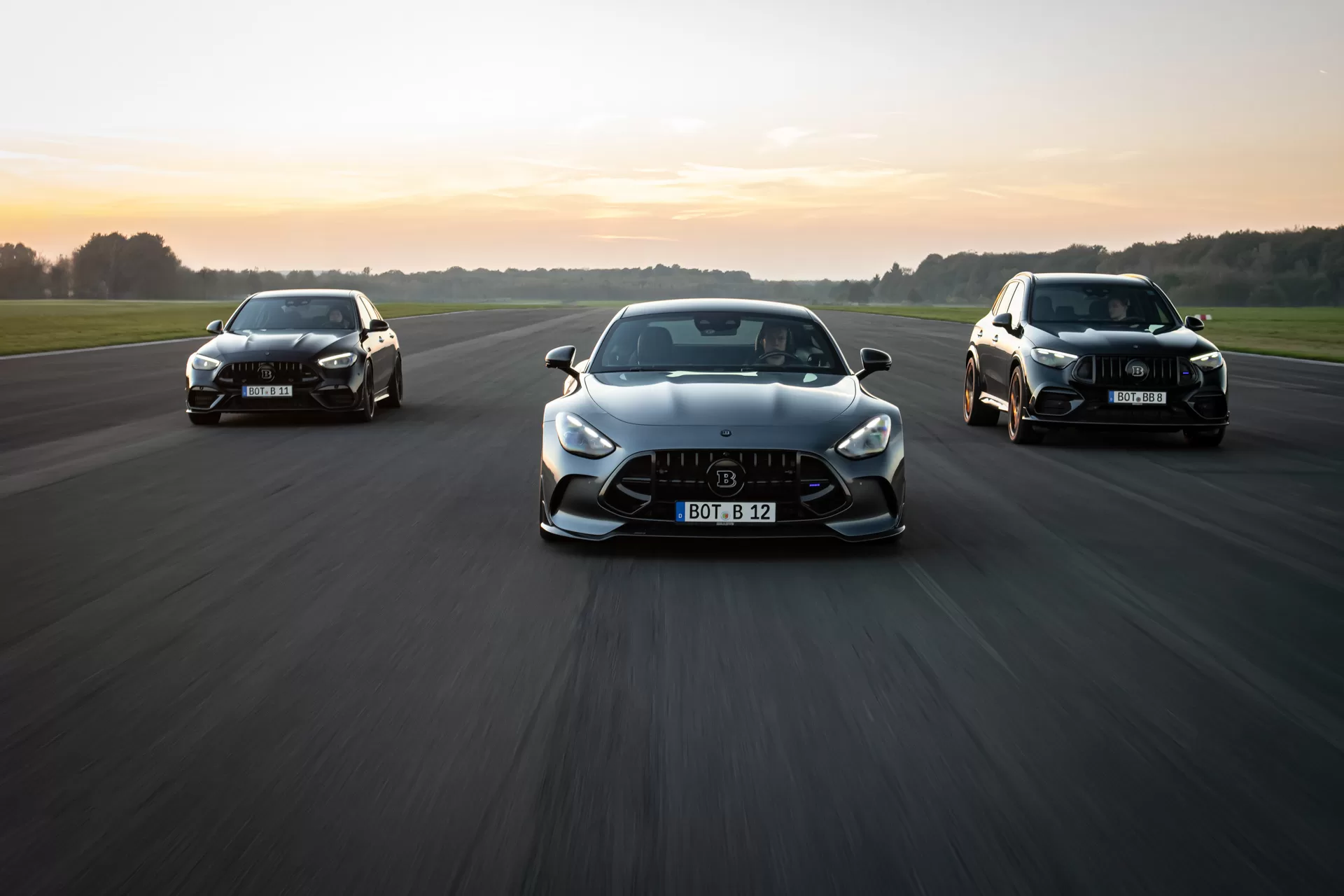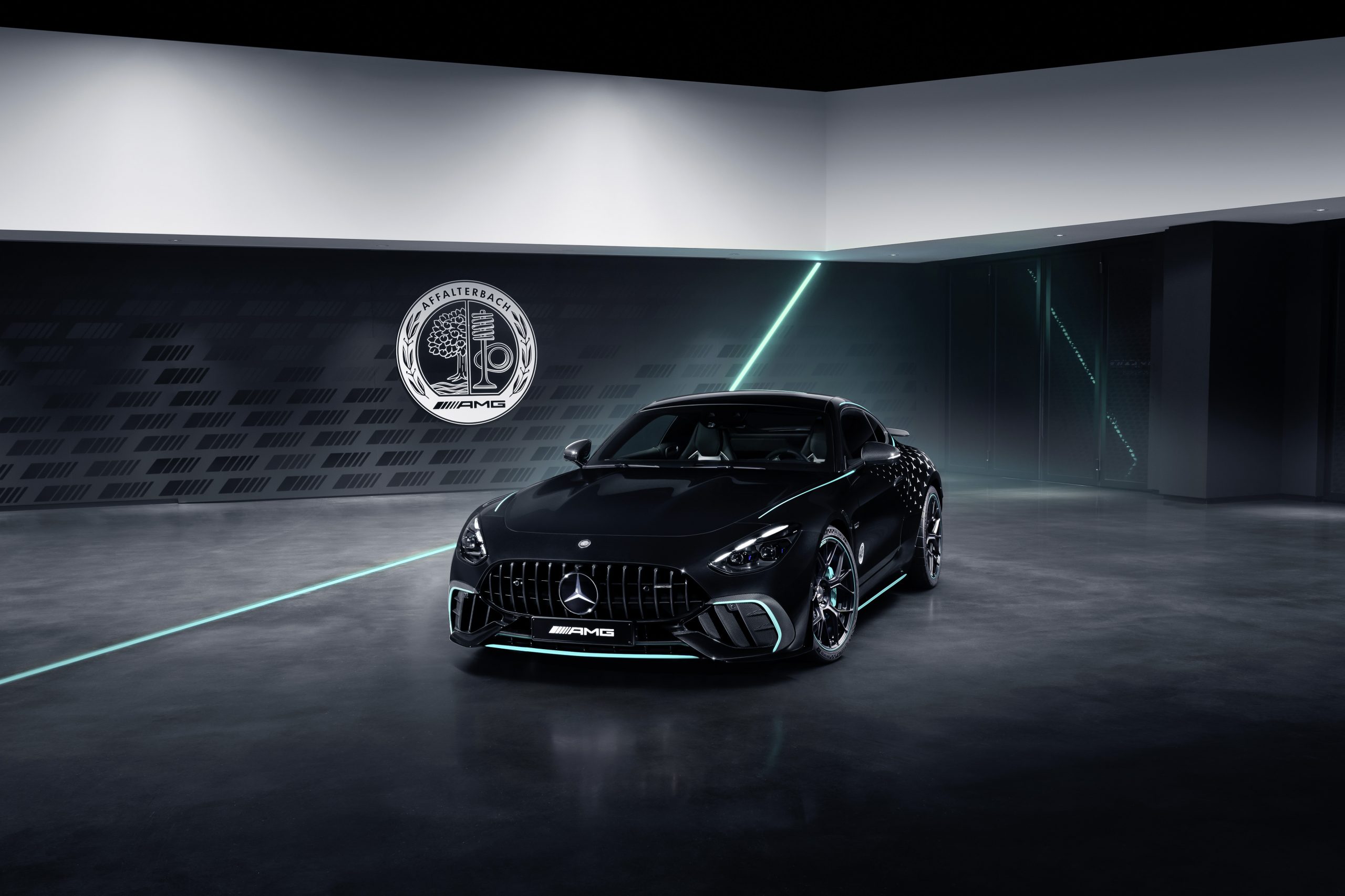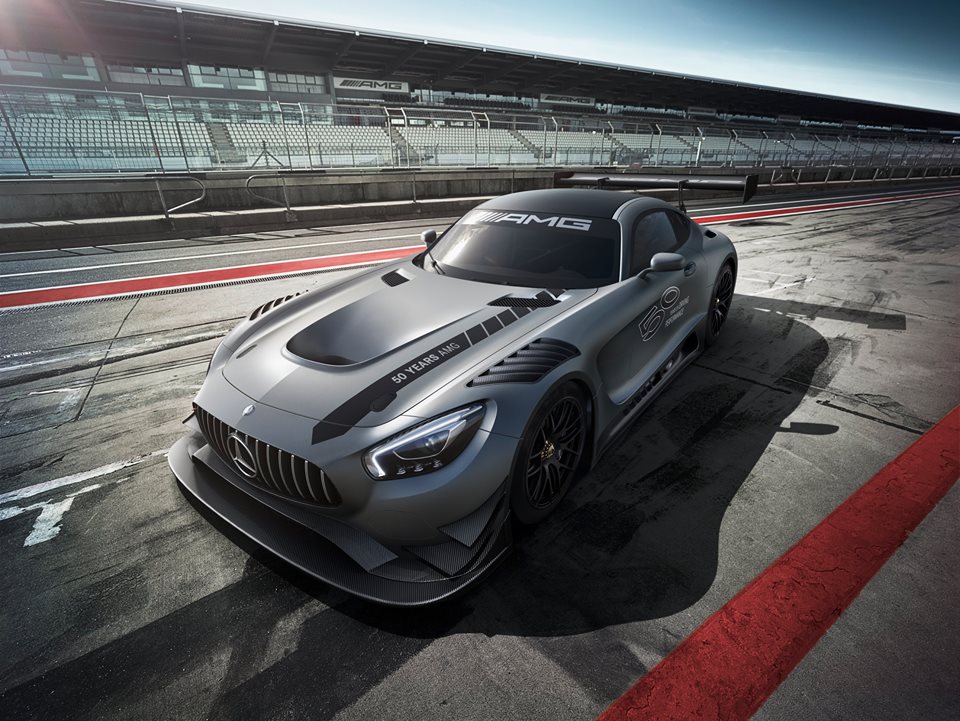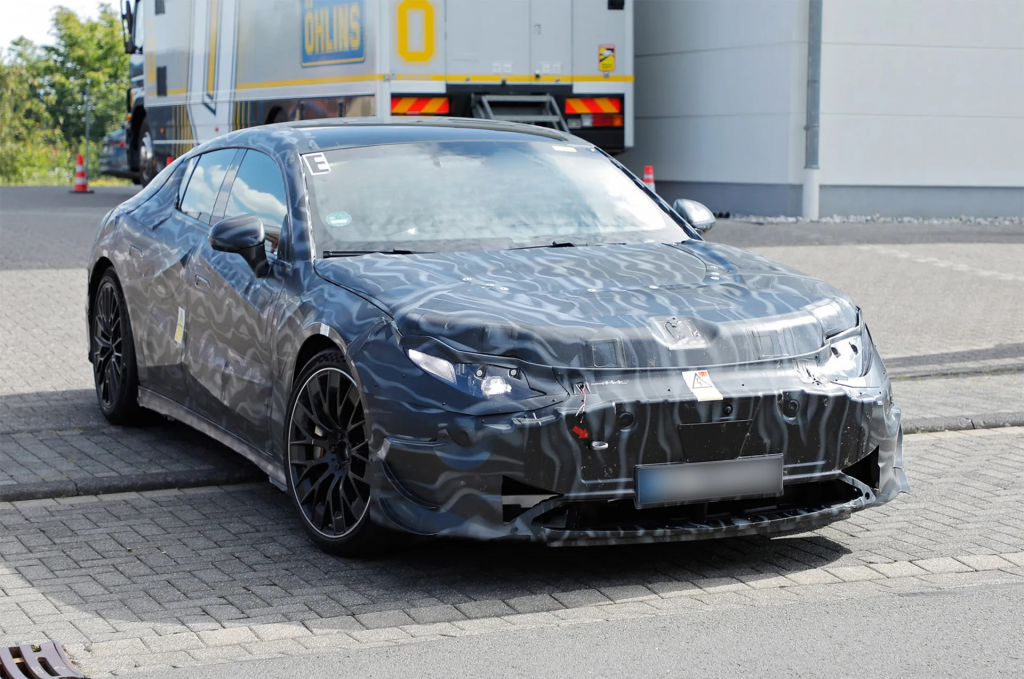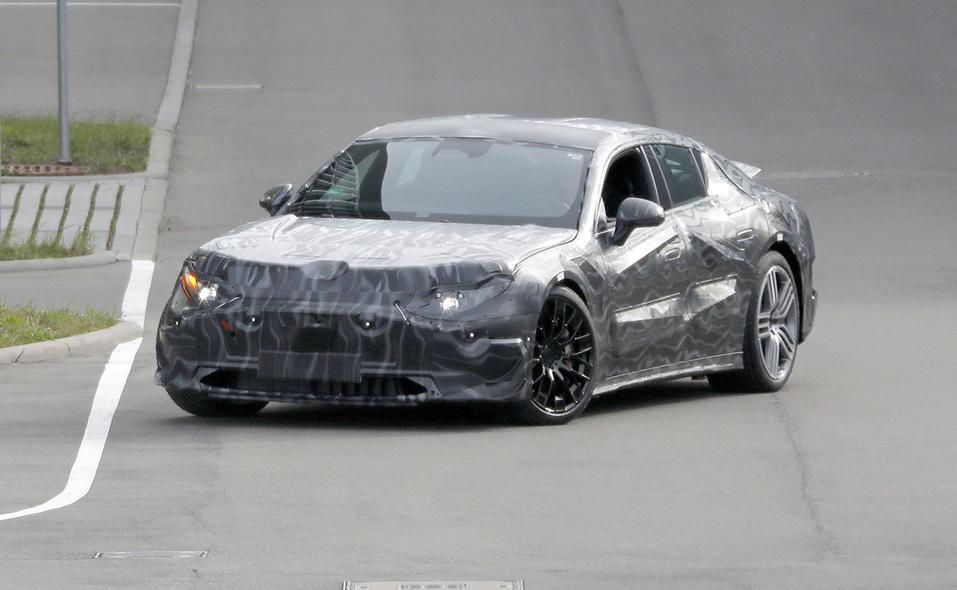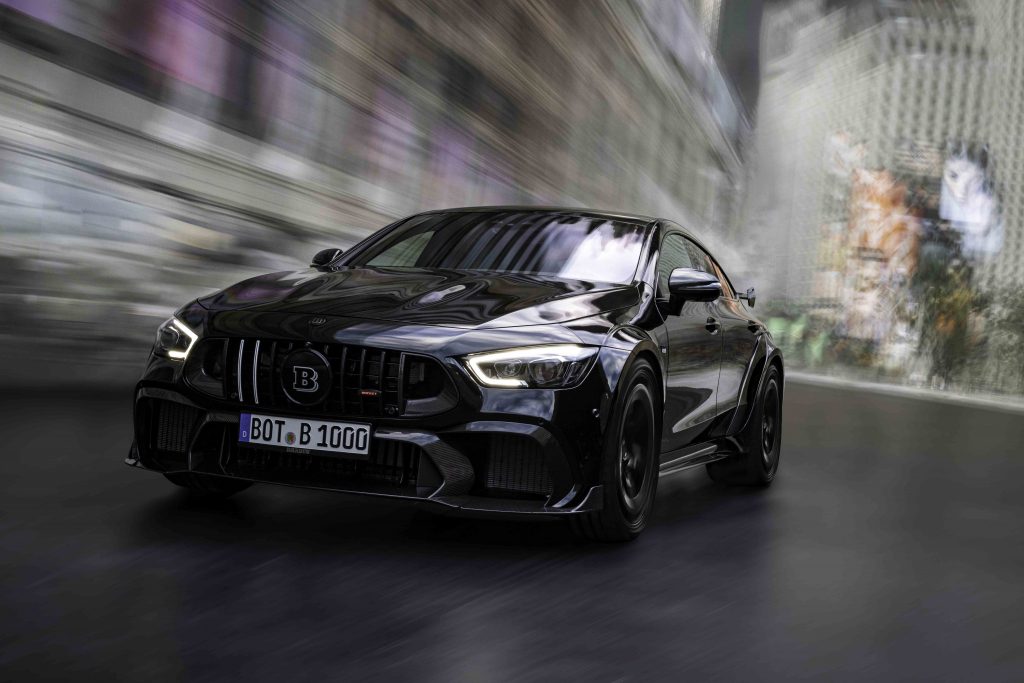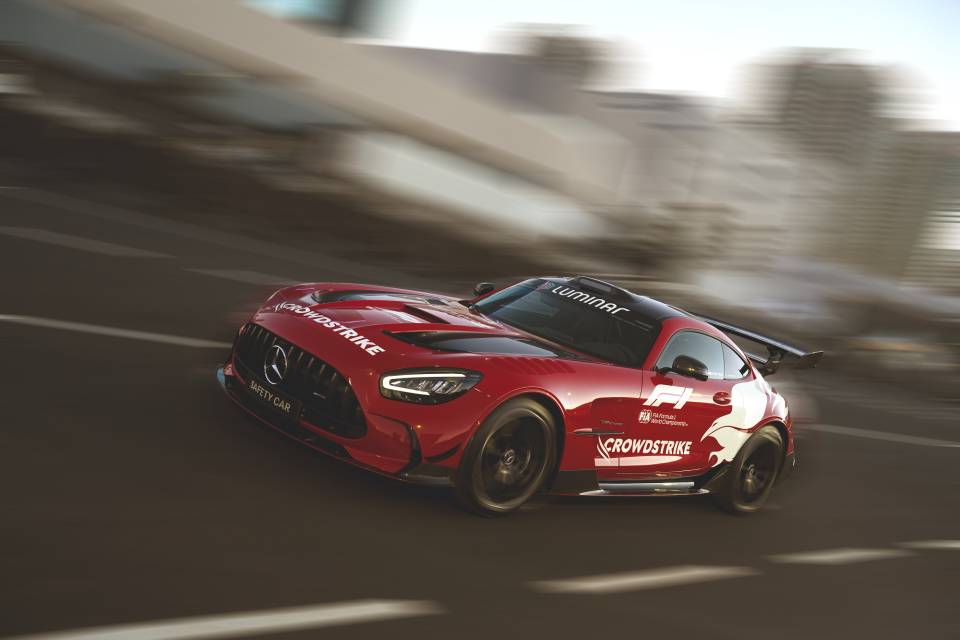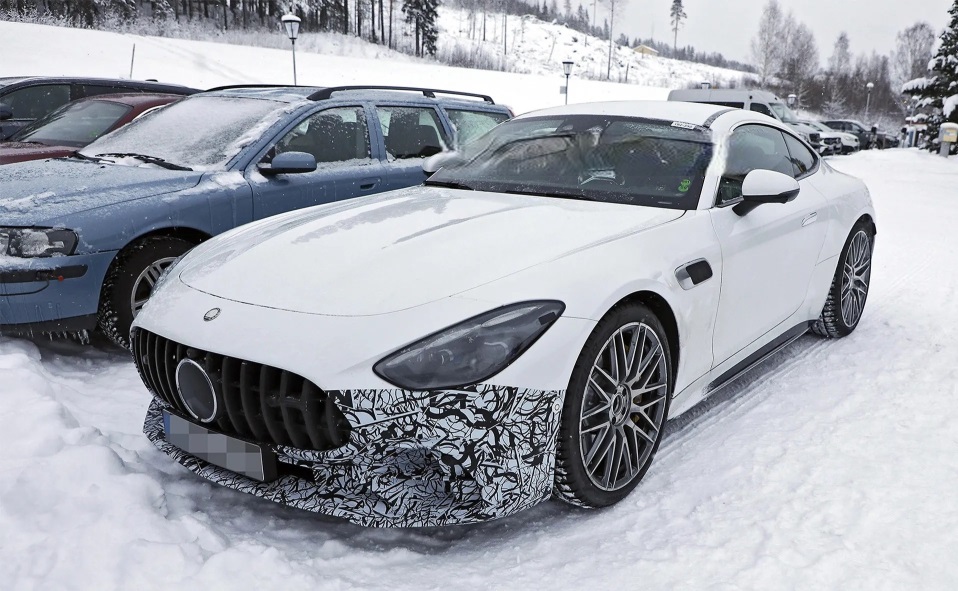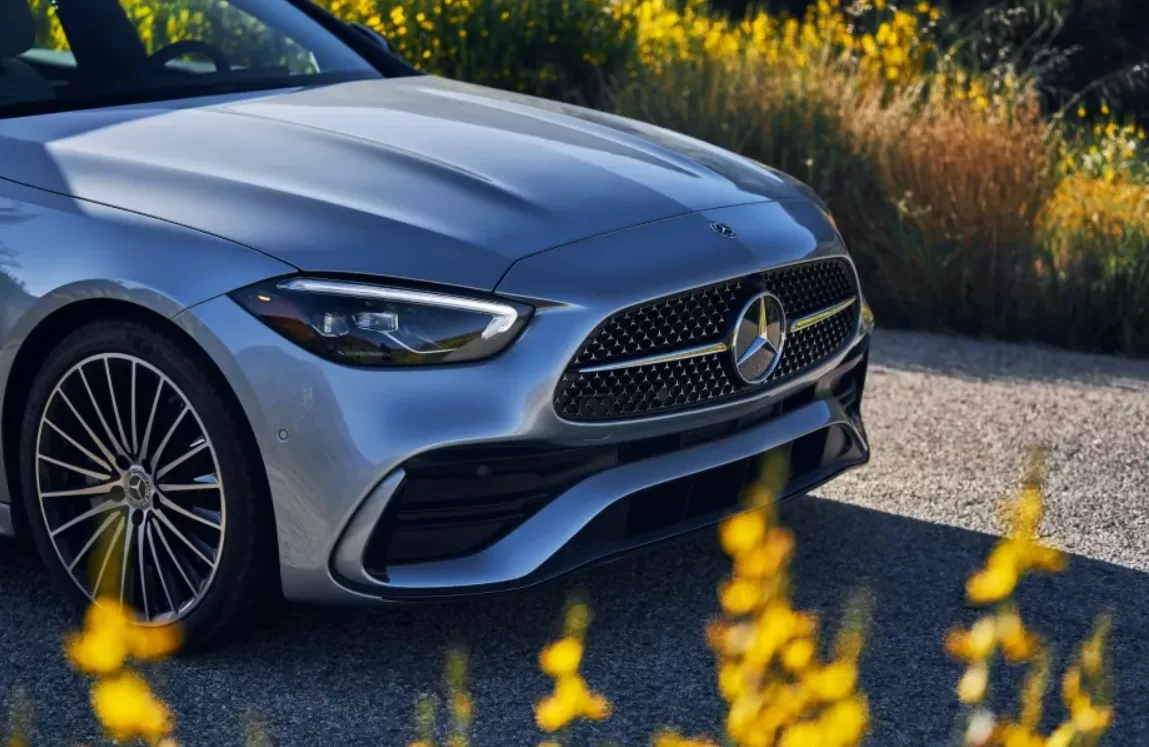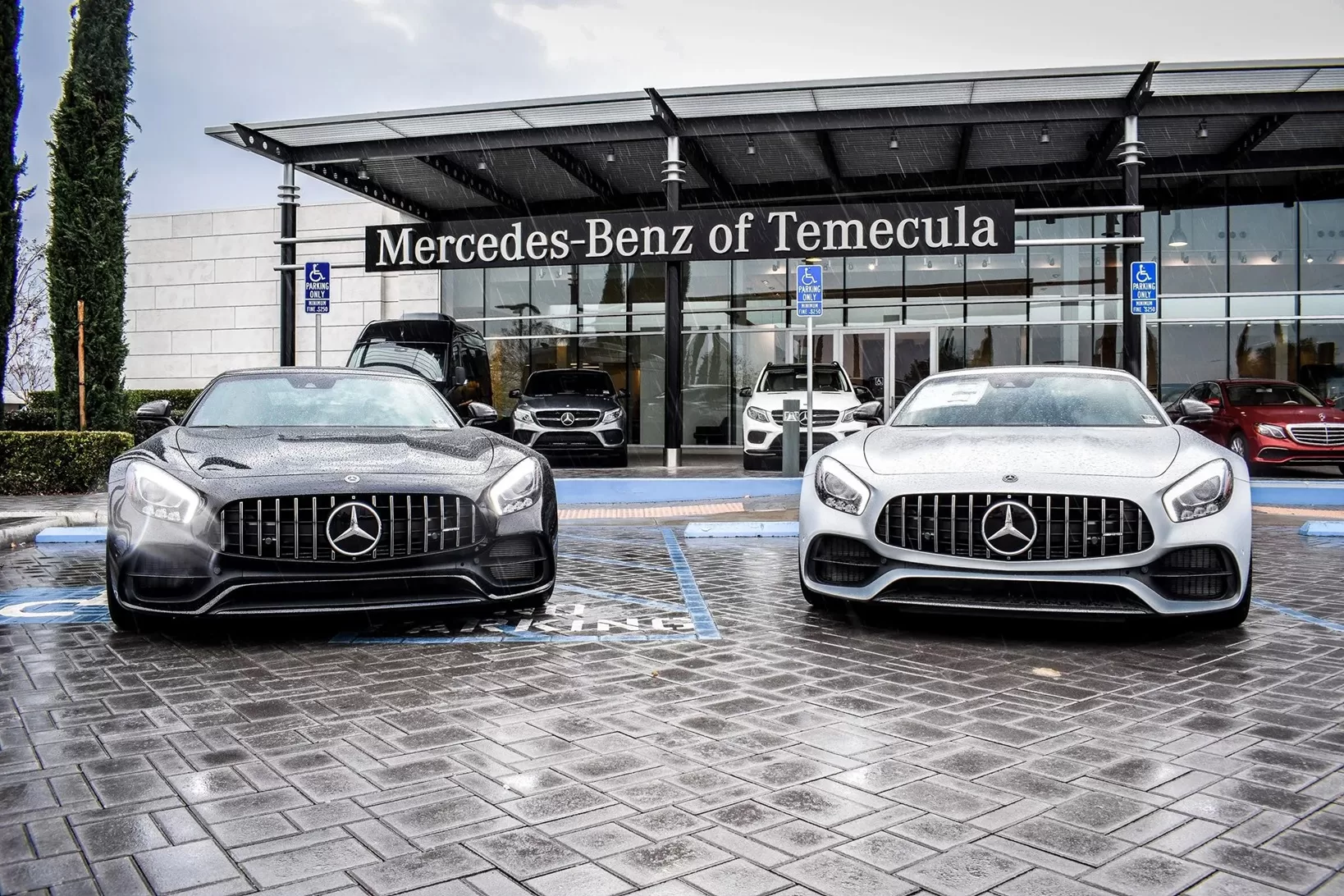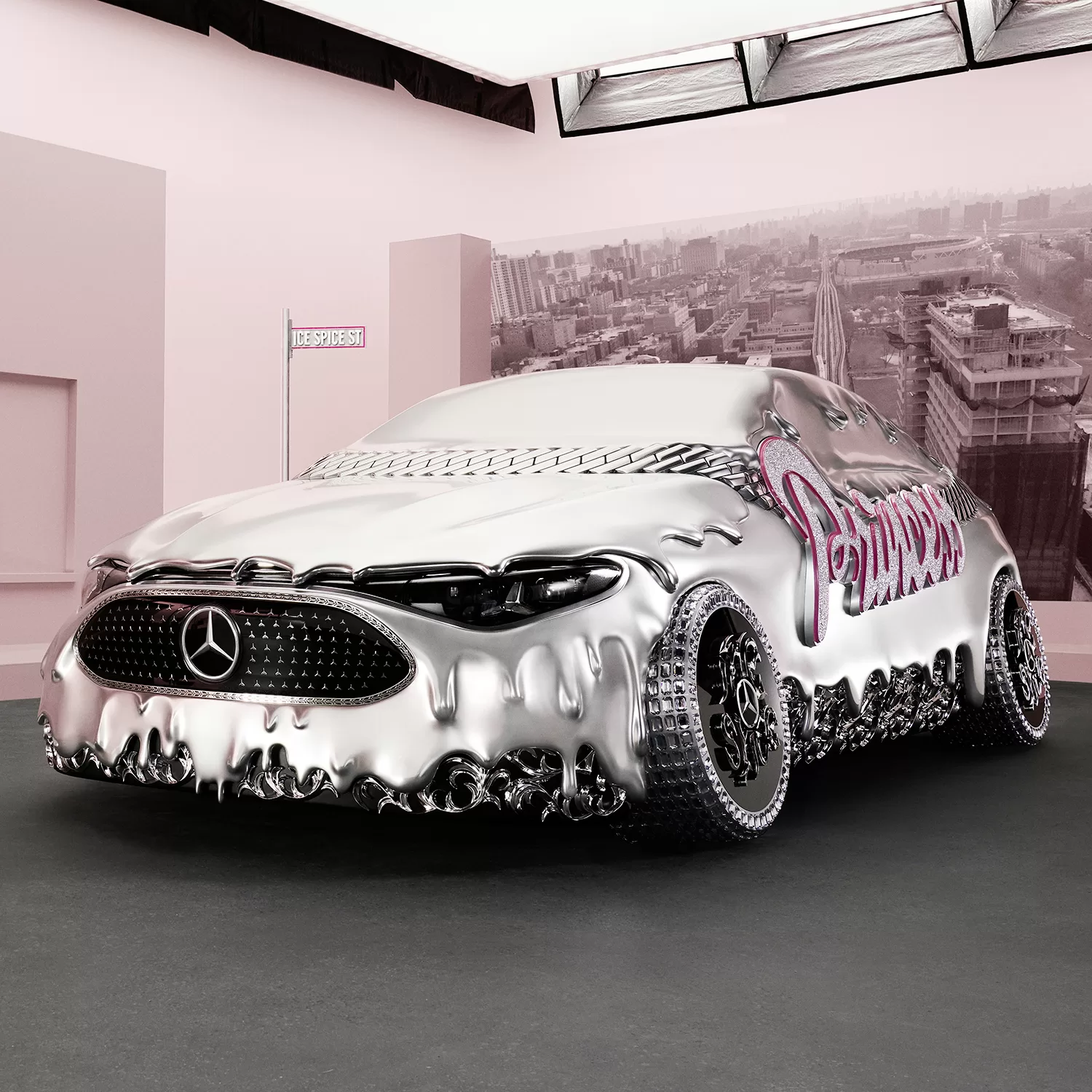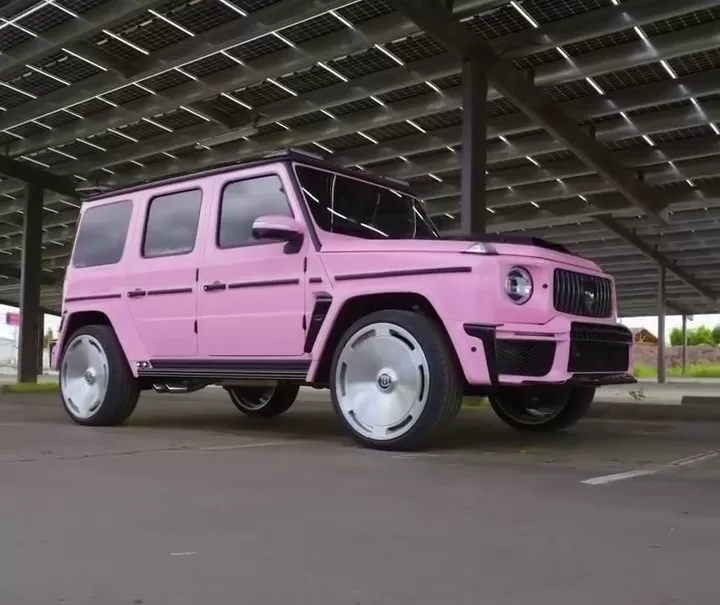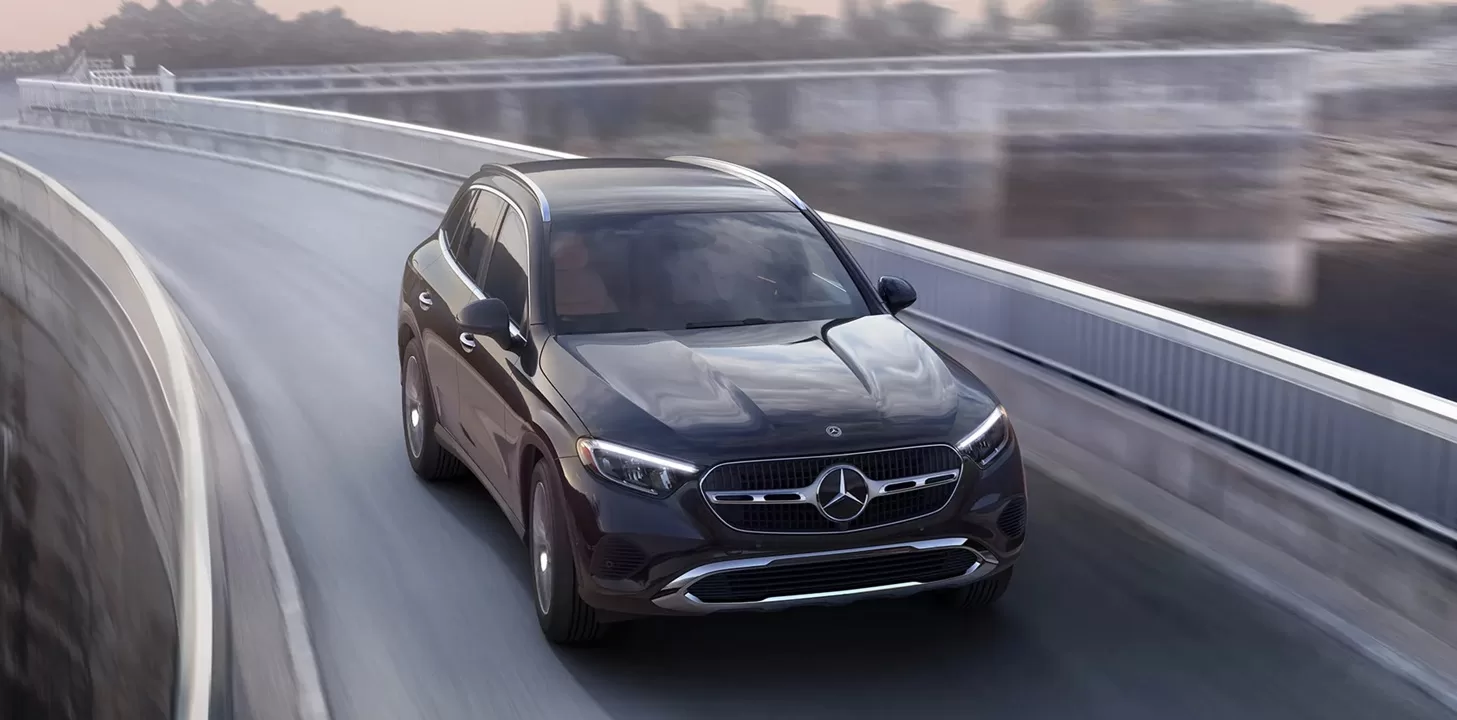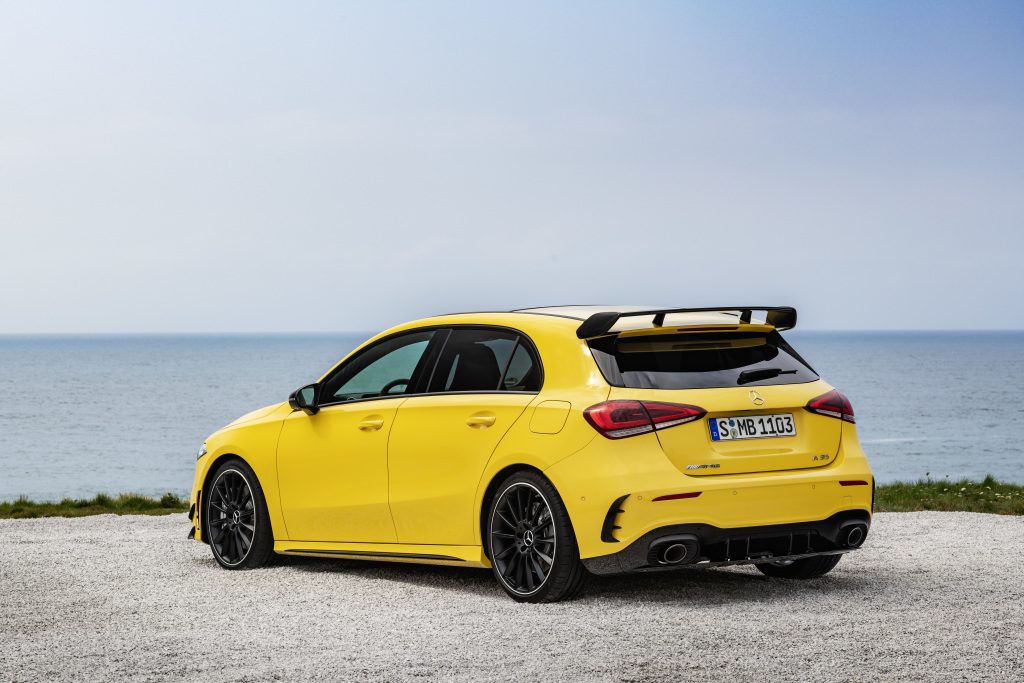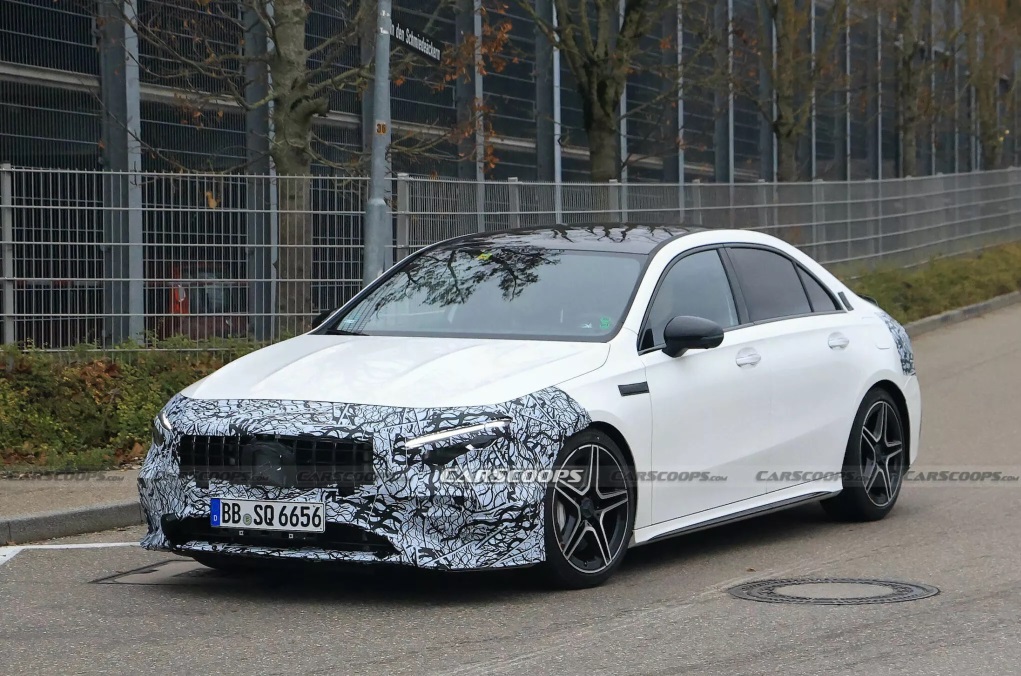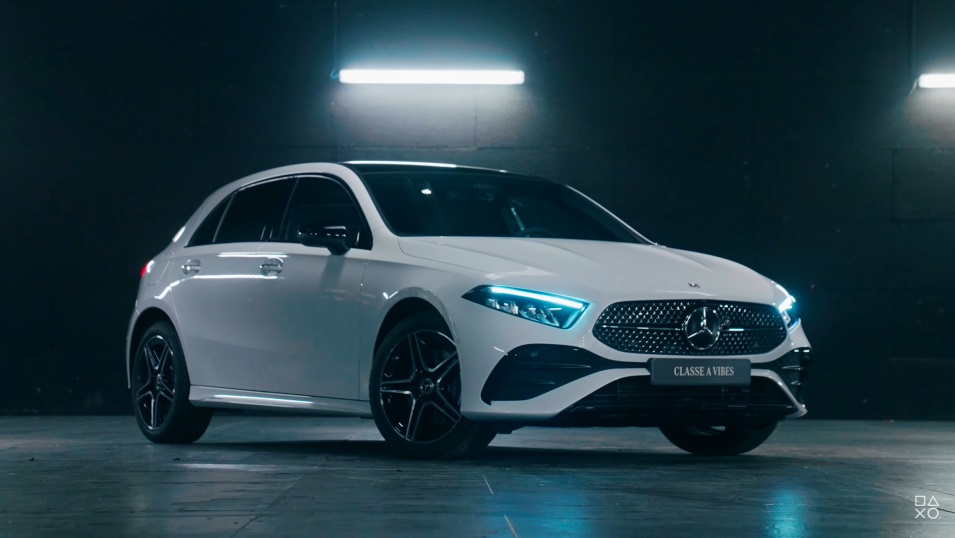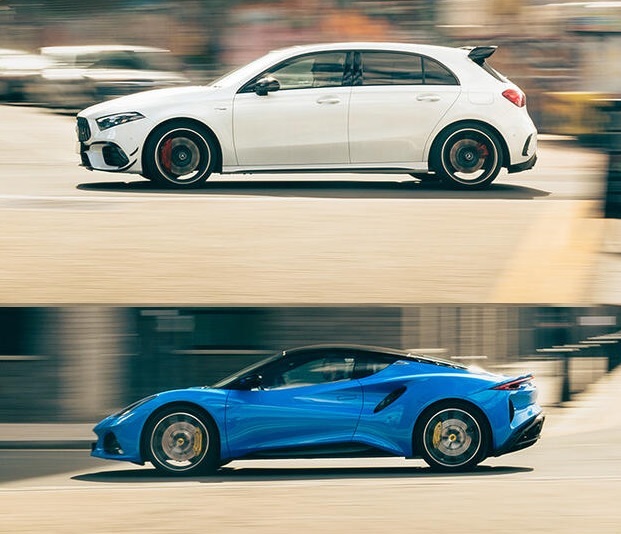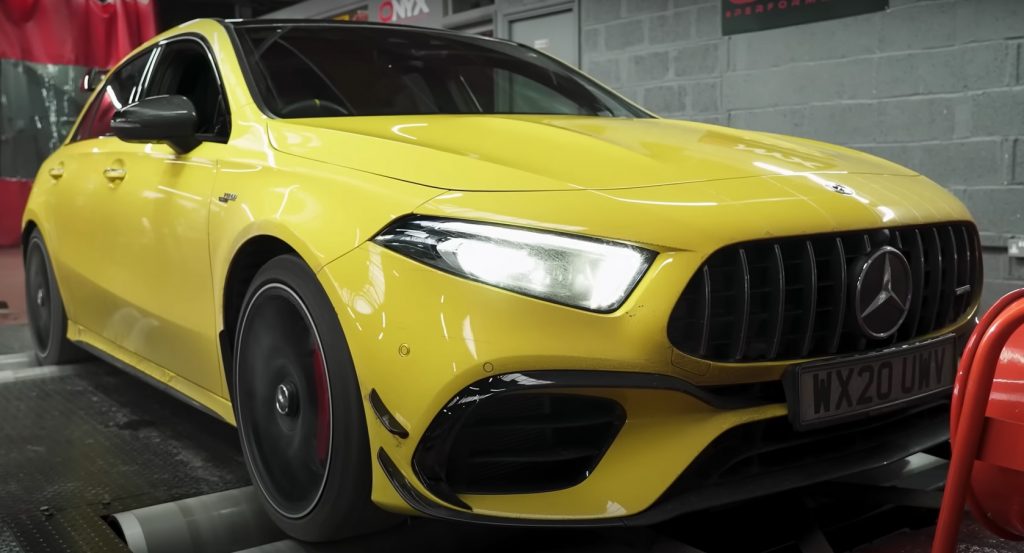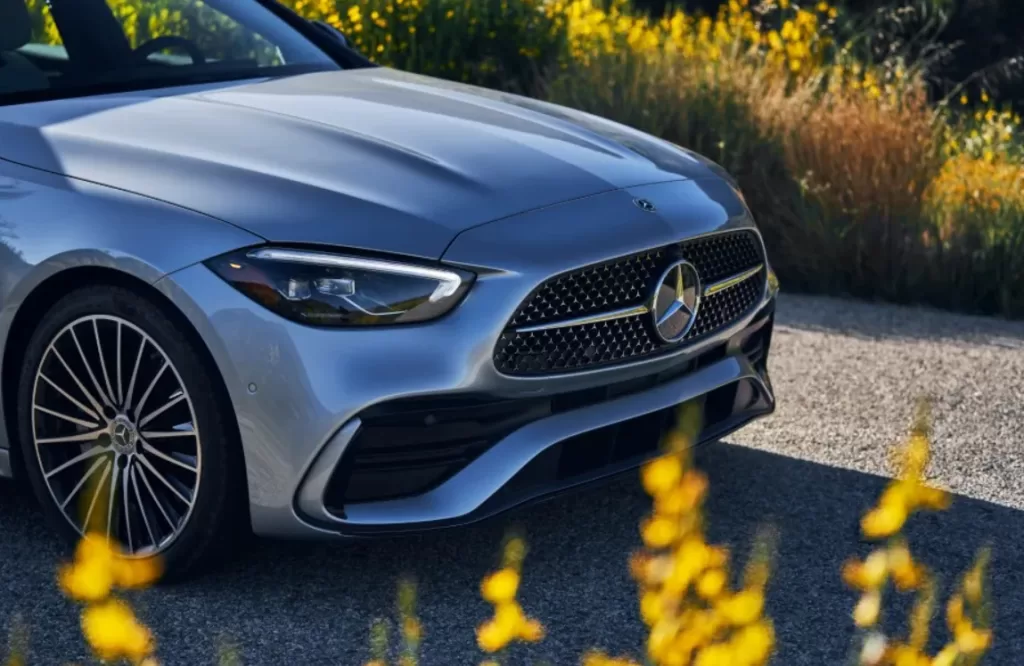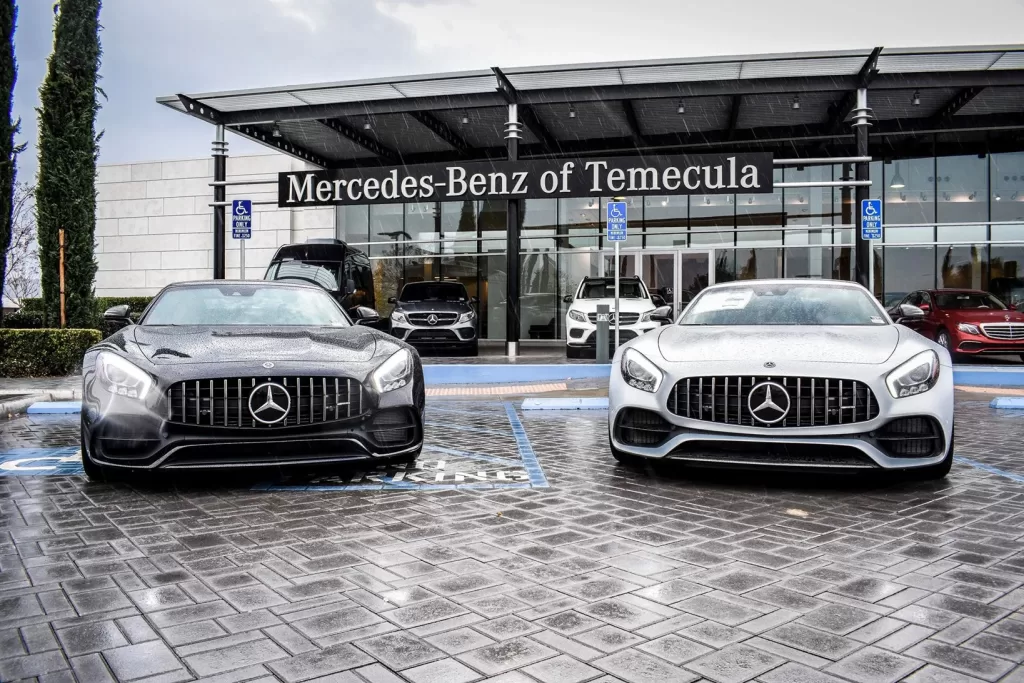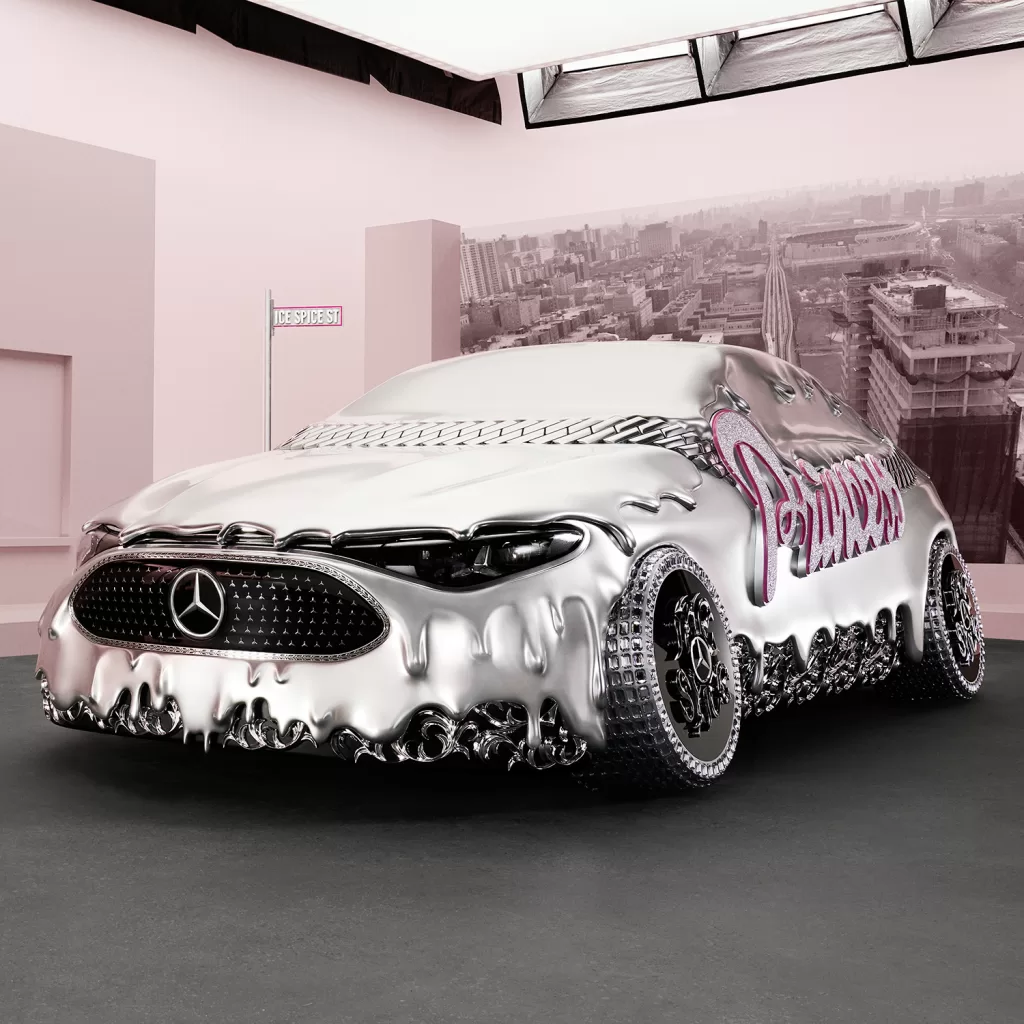As the automotive industry shifts towards electrification, luxury automaker Mercedes-Benz is determined to challenge Tesla’s dominance in the electric vehicle (EV) market. With a clear vision to become the most desirable EV luxury brand, the German luxury car maker is making significant strides in transitioning to an all-electric fleet by 2030. Drawing inspiration from its rival’s success, it is bolstering its charging network, accelerating the development of electrified models, and incorporating advanced autonomous driving technologies.

Mercedes-Benz’s EV Strategy
Mercedes is leaving no stone unturned in its pursuit to claim the title of the most sought-after EV luxury brand according to ABC News. The company’s President and CEO, Dimitris Psillakis, is spearheading their aggressive push towards EVs.
In October 2021, Mercedes introduced its futuristic EQS sedan, marking the beginning of its electric offensive. Since then, the company has swiftly followed up with the launch of four more electric models, including three SUVs.
By utilizing its Tuscaloosa, Alabama plant and a newly established factory in Bibb County for battery supply, the three-pointed star marque aims to achieve a fully electric lineup within the next decade.
Establishing a Charging Network
Recognizing the importance of a reliable charging infrastructure, Mercedes is investing in building its own charging network, taking cues from Tesla’s Supercharger network. The company plans to launch its charging stations initially in the United States and Canada, offering access to non-Mercedes models as well.
This move not only addresses the concerns of range anxiety but also demonstrates Mercedes’ commitment to providing convenient and hassle-free charging solutions for their customers.
Striving for Superiority
Mercedes views Tesla not as a direct luxury competitor, but rather as a disruptive force in the automotive industry, particularly in the realm of EVs. To gain an edge over its competitor, the automaker aims to strike a balance between exceptional product quality, innovative design, and unparalleled customer service.
The Stuttgart-based company’s dedication is evident in its remarkable sales growth, with a 251% increase in EV sales in the first quarter of 2023, accounting for 12% of its total sales in the United States.
Overcoming Challenges
While EVs currently constitute 6% of the U.S. automotive market, some barriers still prevent widespread adoption. Mercedes acknowledges the lingering concerns of range anxiety and charging infrastructure availability.
By establishing its charging network and emphasizing convenience, it aims to alleviate these concerns and pave the way for a smoother transition to electric mobility.
Looking Beyond Tesla’s Shadow
Despite Tesla’s enduring popularity, industry experts believe that Mercedes has the potential to challenge its dominance. Tony Quiroga, editor-in-chief of Car and Driver, points out that the German automaker’s extensive lineup of EVs, such as the EQS 450+ and EQS 580, has even outperformed their EPA range estimates.
Such an exceptional performance coupled with the company’s meticulous attention to design, exclusivity, and performance across its EV range positions the company favorably against the American EV maker.
Final Thoughts
The unwavering commitment of Mercedes-Benz to electric mobility is propelling the automaker into direct competition with Tesla. By harnessing its expertise in luxury vehicle manufacturing, establishing a robust charging infrastructure, and consistently delivering exceptional EVs, it aims to become the premier EV luxury brand.
As the automotive industry undergoes a transformative shift, the competition between the automotive giants is set to intensify, ultimately benefiting consumers through greater choice and innovation.

